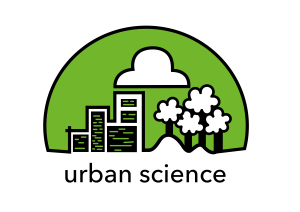Grow Wild
This module explores questions about biodiversity linked to students local city environment.
The variety of life on Earth, its biological diversity is commonly referred to as ‘Biodiversity’. The different ecosystems on the planet, such as deserts, rainforests and coral reefs and indeed those found in Urban city areas are all part of a biologically diverse Earth. Declining biodiversity is therefore a concern for many reasons. Biodiversity boosts an ecosystem’s productivity where each species, no matter how small, all have an important role to play. So, while we dominate this planet, we still need to preserve the diversity in wildlife.
This is echoed by the latest WWF Living Planet report ."Earth is losing biodiversity at a rate seen only during mass extinctions," It urges policy makers to set new targets for sustainable development. WWF states the change is being driven by ever-rising food production and increased demand for energy, land and water.
Furthermore we are also facing a crisis in terms of insect decline, ‘Over 40% of insect species are threatened with extinction.’ (Science Direct)
This Urban Science topic links a student’s learning on Biodiversity to questions about their local city school environment. The module learning challenge has a focus on encouraging a more diverse and richer biodiversity in and around their Urban school. For some schools this will have an impact on the school vegetable garden others their wildlife area. Students produce a report (by doing a survey based on the UK GCSE ‘Required Practical’ for the Biodiversity topic), after exploring what is meant by the term Biodiversity in a local and global context. They then present their report to the headteacher and possibly also an existing Eco/STEM team.
